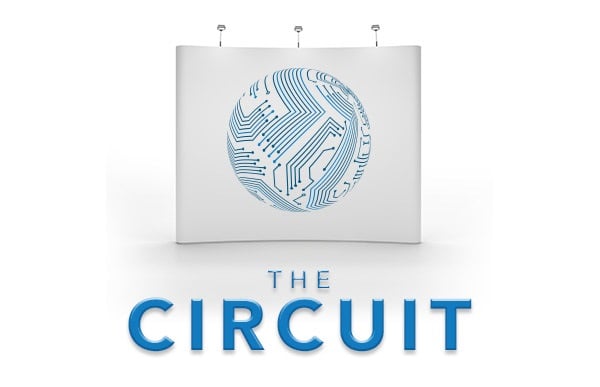
The Circuit: Legaltech New York 2016
Please welcome Above the Law's newest legal technology columnist, Monica Bay, who today tackles Legaltech New York -- love it or dread it, it's a must-attend annual ritual.

Please welcome Above the Law's newest legal technology columnist, Monica Bay, who today tackles Legaltech New York -- love it or dread it, it's a must-attend annual ritual.

The Southern District of New York provides a model for other courts to follow.

Discover how LexisNexis Protégé™ transforms legal drafting into a strategic collaboration between lawyers and AI—enhancing quality, speed, and defensibility.

* The Dukes of Hazzard and Braveheart cited in the Eleventh Circuit. Other circuits, the gauntlet has been thrown down. [Volokh Conspiracy] * Dave’s not here, man. Probably not the smartest stoner on the planet. [Lowering the Bar] * Former Skadden attorney loses her appeal claiming that insomnia constituted a disability. It’s a setback for her, but nothing worth losing sleep over. [National Law Journal] * The Second Circuit agreed with every other court that heard the motion and denied the effort to recuse Magistrate Judge Peck from the Da Silva Moore predictive coding case. [IT-Lex] * Maybe it’s time for law professors to get off their duffs and try helping out their unemployed students directly. [Concurring Opinions] * Judge Easterbrook allows a $25K student-loan discharge for a ‘destitute’ paralegal. The educational-industrial complex is not going to sit still for this. [ABA Journal] * Saira Rao, of Chambermaid (affiliate link) fame, has a new publishing venture — check it out. [Kickstarter] * Oh, BARBRI. What’s the Matter with Kansas, indeed (after the jump)…. * Posted previously on Facebook (now pulled):

The back and forth over predictive coding continues.…

One of the parties in Da Silva Moore v. Publicis Group, the first federal case in which a judge approved protective coding, has requested that Judge Andrew Peck, who made the order, recuse himself. What is the basis for the recusal request?

Counsel no longer have to worry about being the "first" or "guinea pig" for judicial acceptance of computer-assisted review....

In recent years, AI has moved beyond speculation in the legal industry. What used to be hypothetical is now very real.

Just a few weeks ago, Magistrate Judge Andrew Peck (S.D.N.Y.) spoke to several hundred people at LegalTech New York about the importance of predictive coding for the future of electronic discovery. He expressed his hope that a federal court would, sooner rather than later, officially encourage using the technology in a case. Shortly after participating […]